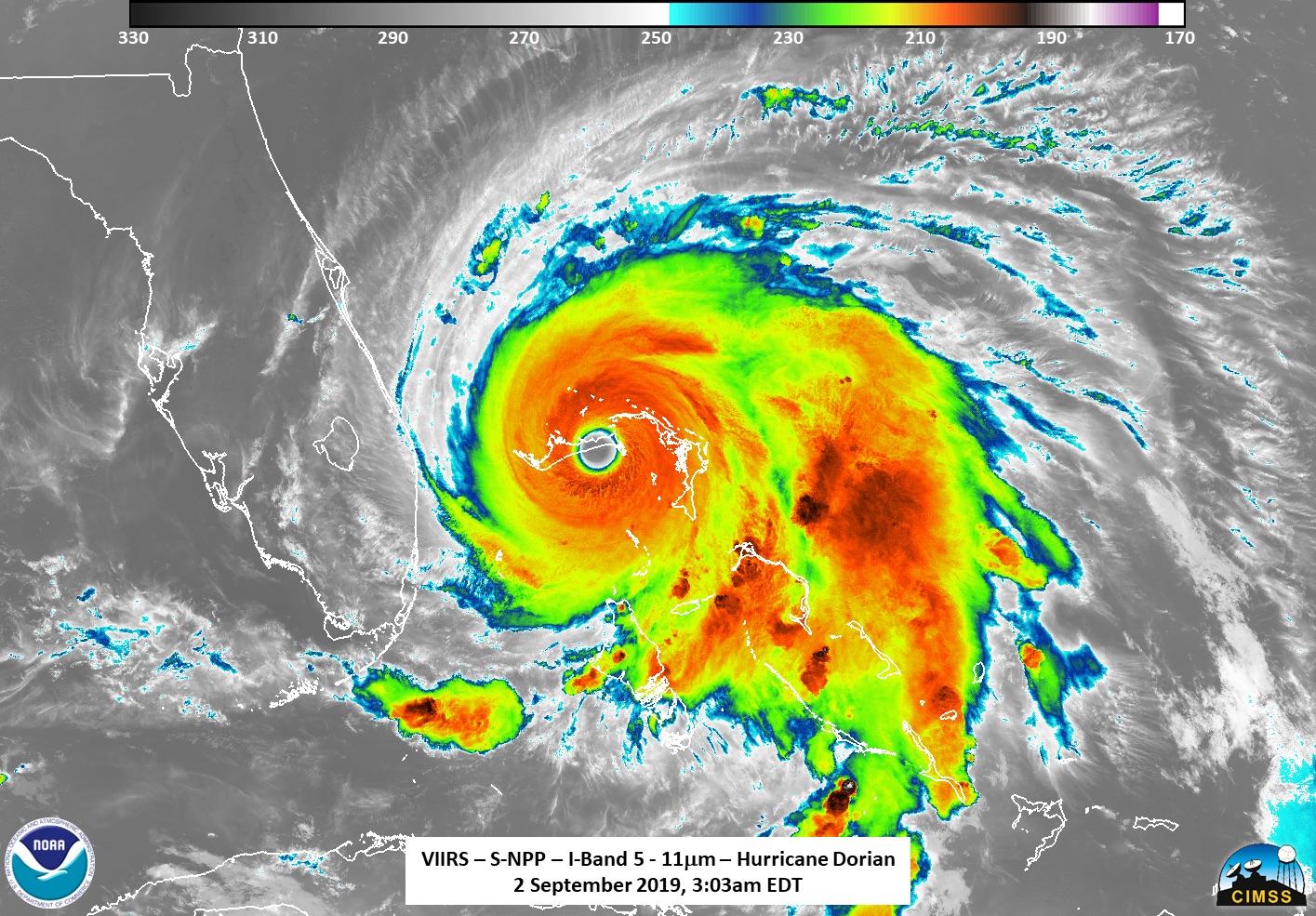
Tiffany Means
Tiffany Means is a meteorologist turned science writer based in the Blue Ridge mountains of North Carolina. Her work has appeared in Yale Climate Connections, The Farmers' Almanac, and other publications. Tiffany has a bachelor's degree in atmospheric science from the University of North Carolina, Asheville, and she is earning a master's in science writing at Johns Hopkins University.
Latest articles by Tiffany Means
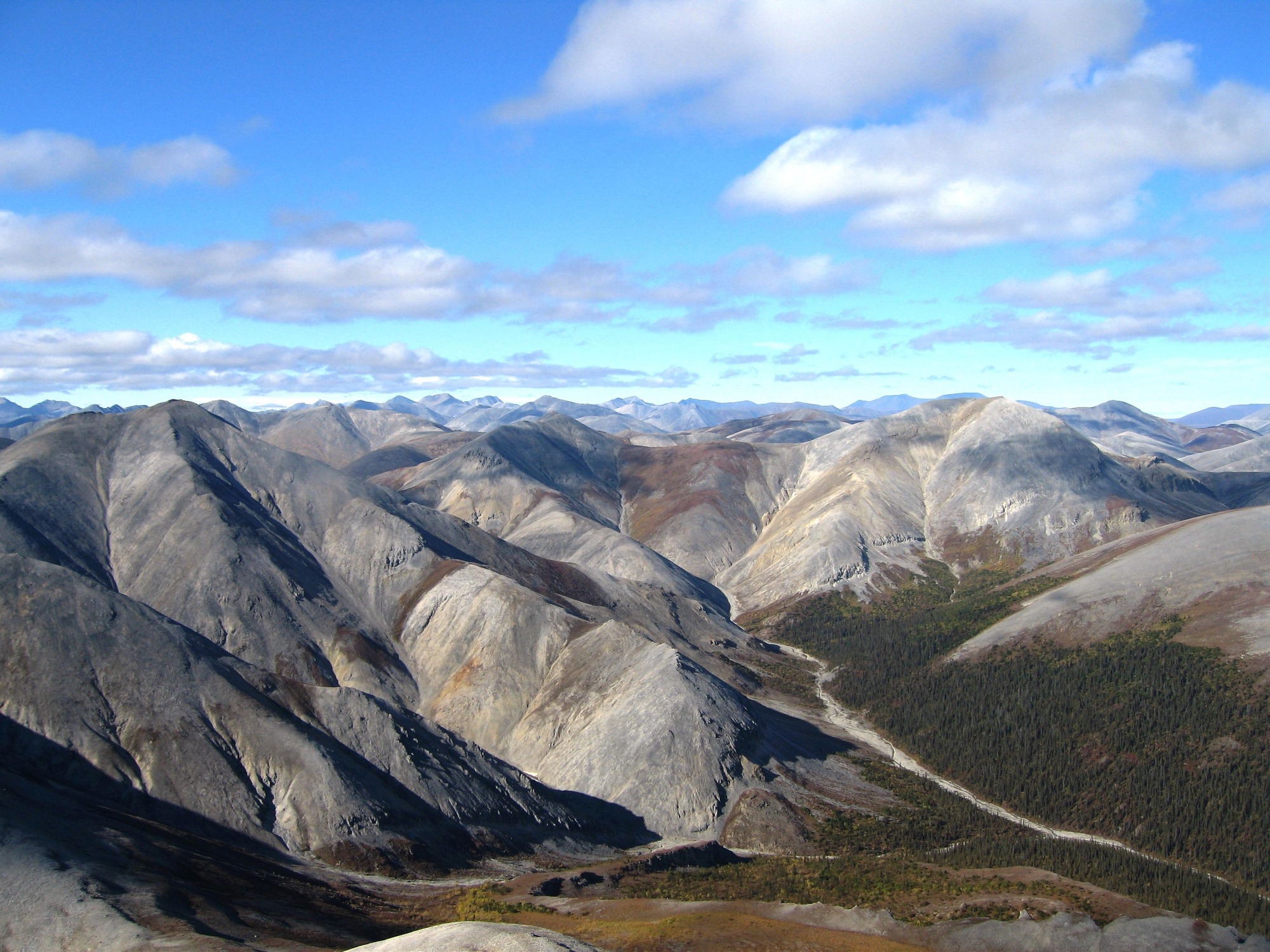
What is plate tectonics?
By Tiffany Means last updated
Blame plate tectonics for Earth’s mountains, earthquakes, volcanoes, and why its continents fit together like pieces of a giant jigsaw puzzle.
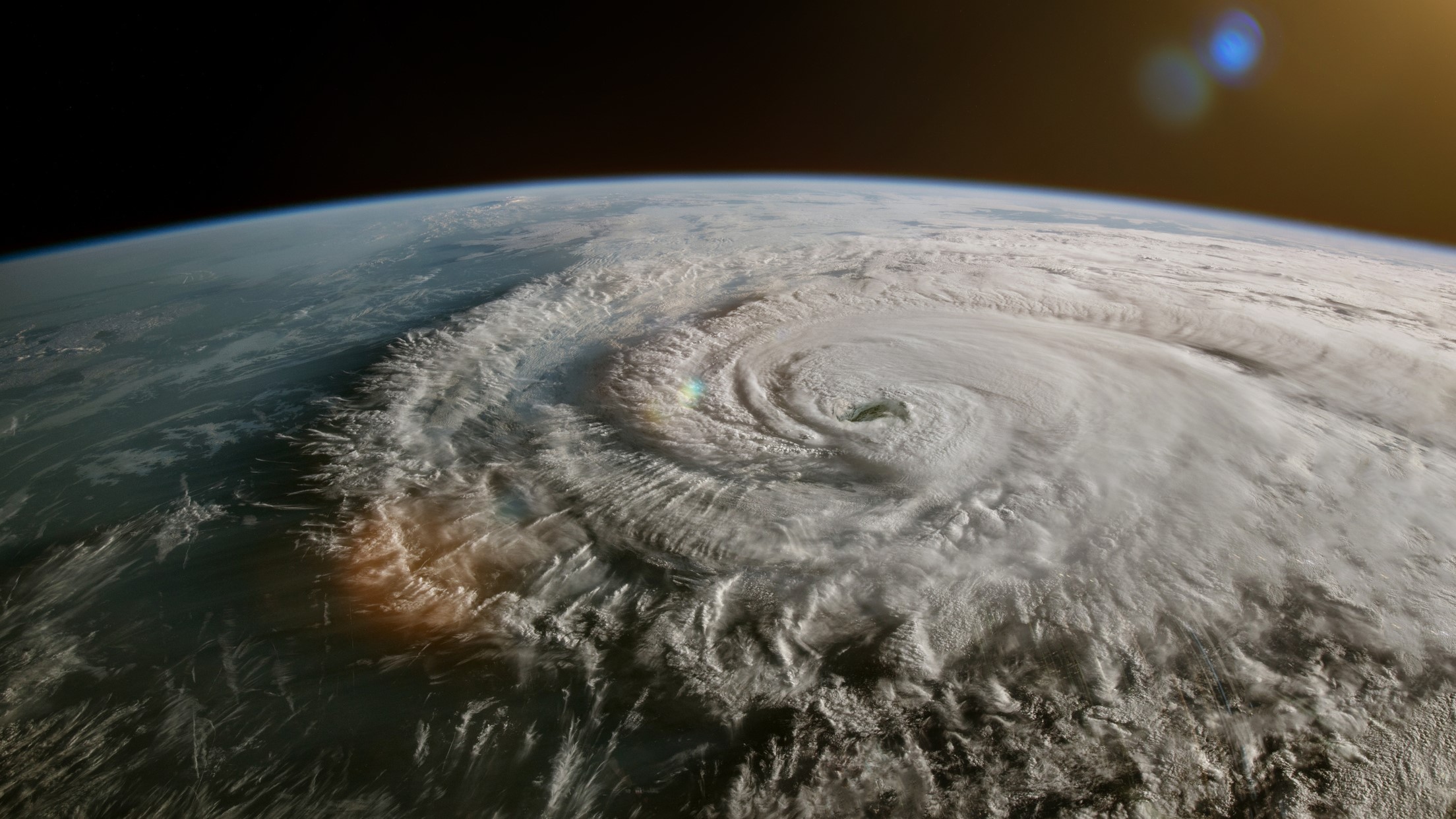
14 of the deadliest natural disasters in history
By Stephanie Pappas, Tiffany Means last updated
Reference The world's deadliest natural disasters span more than 2,500 years of human history and include earthquakes, tsunamis and cyclones.
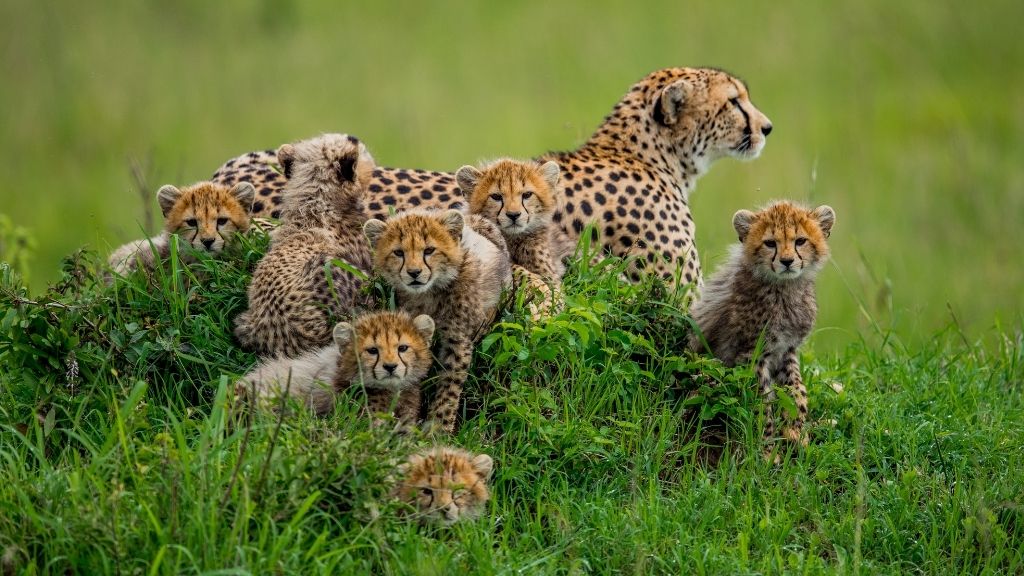
Cheetahs: Earth's fastest land animals
By Tiffany Means published
Cheetahs are unique members of the big cat family, with bodies built for acceleration and short bursts of incredible speed.

Why does outer space look black?
By Tiffany Means published
Several cosmic characteristics, including the lack of an atmosphere, lend space its dark color.

Why is humidity so uncomfortable?
By Tiffany Means published
Here's why "It's not the heat; it's the humidity" rings true.
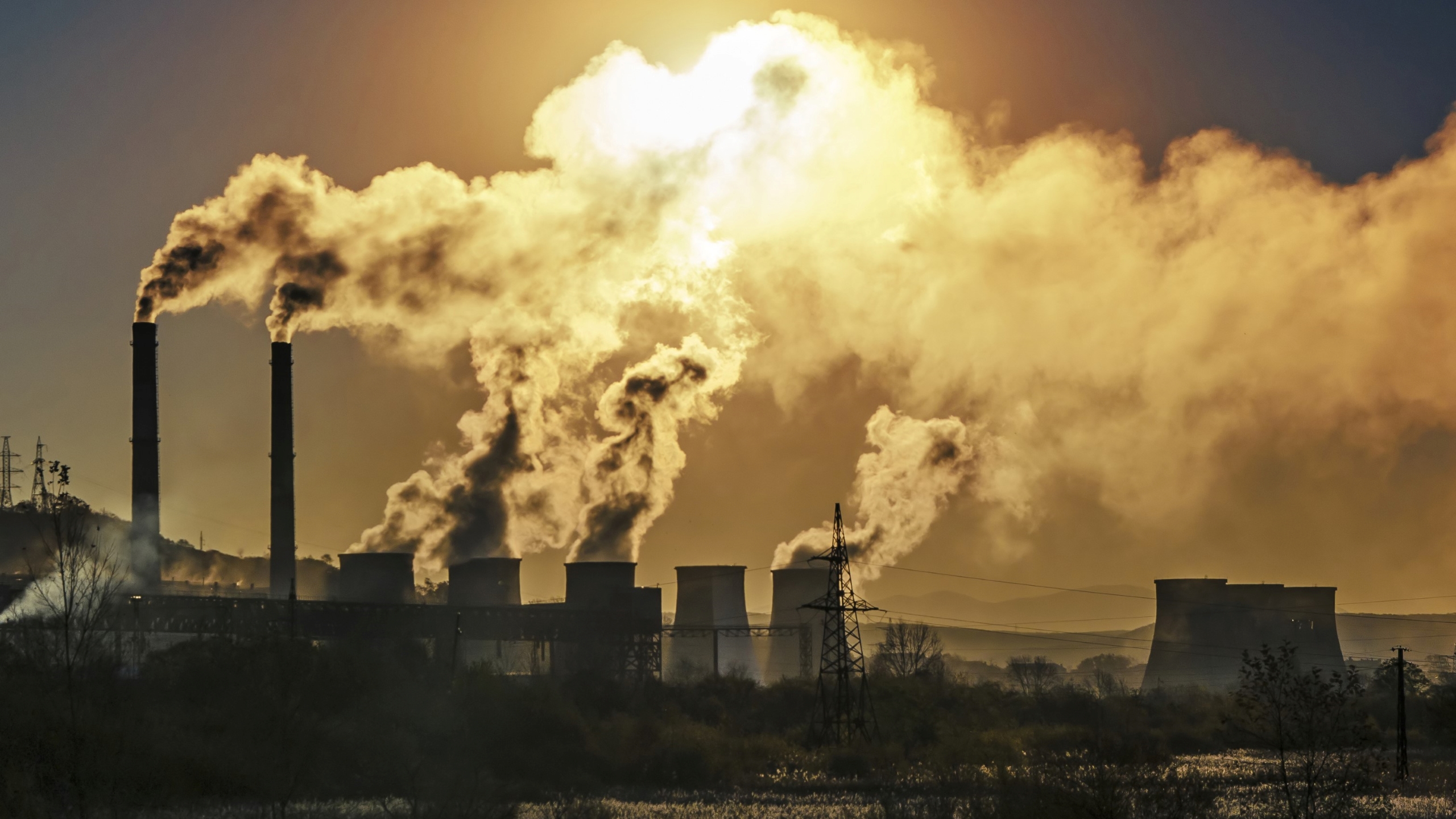
Greenhouse gases: Causes, sources and environmental effects
By Tiffany Means, Marc Lallanilla published
Greenhouse gases are atmospheric gases that absorb infrared radiation and trap heat in the atmosphere. Increases in emissions of these gases are leading to climate change and global warming.

Why do dogs bury bones?
By Tiffany Means published
A dog's burying instinct comes courtesy of its wild ancestor, the gray wolf.
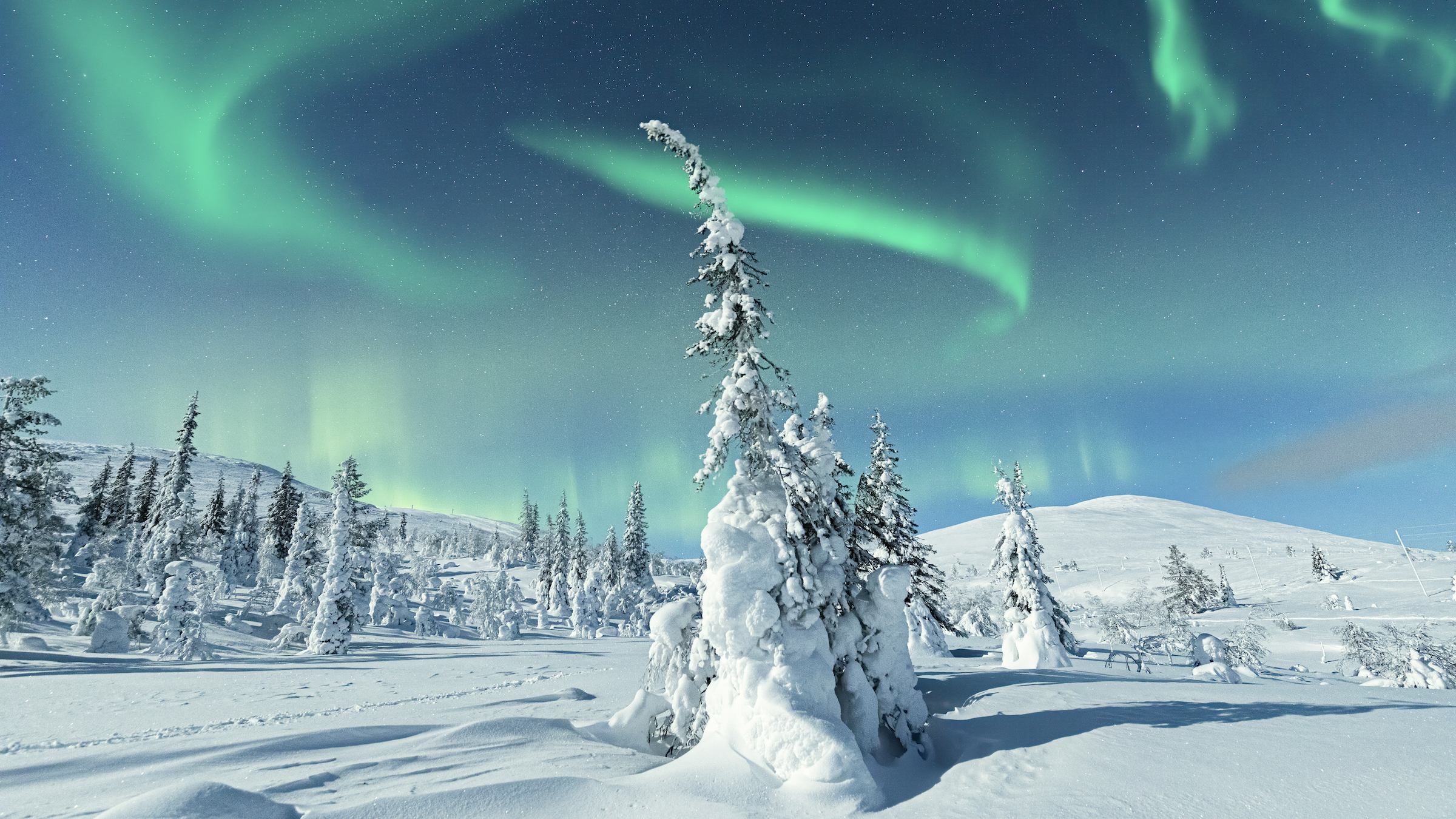
Why is snow white?
By Tiffany Means published
Here's why snow is white and not clear like water or ice.

How much snow is needed for an official 'White Christmas'?
By Tiffany Means published
Here's how much snow is officially needed to call a Christmas "white."
Sign up for the Live Science daily newsletter now
Get the world’s most fascinating discoveries delivered straight to your inbox.
